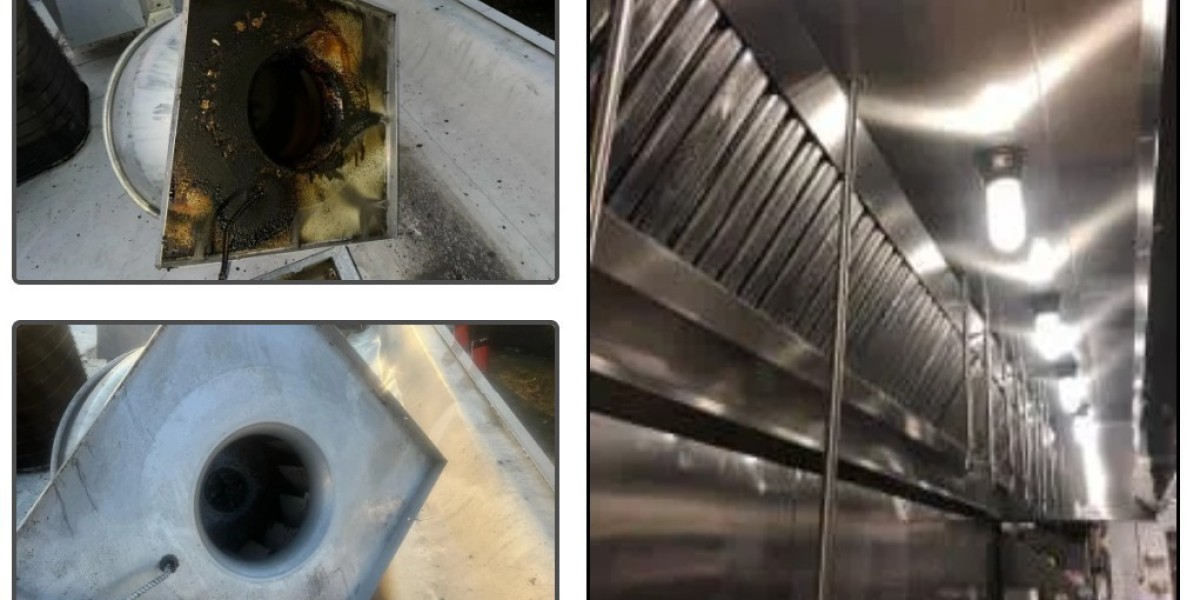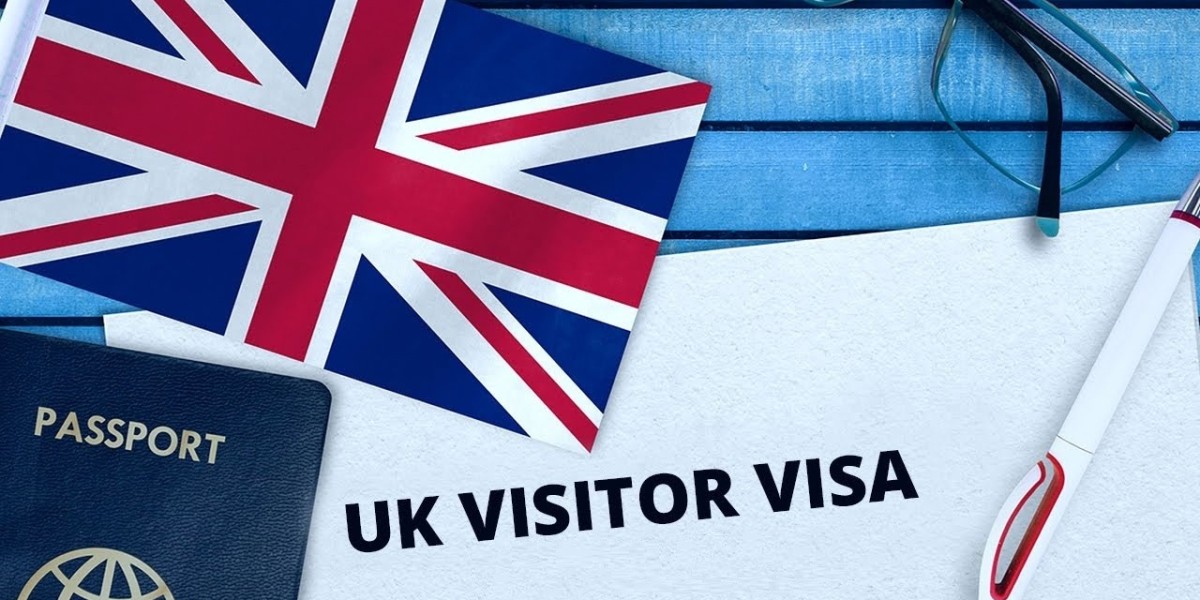When it comes to running a commercial kitchen, safety, efficiency, and cleanliness should always be top priorities. One area that requires consistent attention is the kitchen hood system. Many restaurant owners and kitchen operators view commercial hood cleaning as a routine task—something that needs to be done every so often to keep things clean. However, this vital maintenance task is more than just a box to check off on a cleaning schedule.
Regular commercial hood cleaning is essential for ensuring fire safety, maintaining air quality, complying with regulations, and extending the lifespan of kitchen equipment. It's a task that shouldn't be overlooked, and it's not just about cleanliness. Let’s explore why commercial hood cleaning is so much more than a routine chore.
The Importance of Fire Safety in Commercial Kitchens
One of the most important reasons to prioritize commercial hood cleaning is fire safety. Grease buildup in kitchen exhaust hoods is one of the leading causes of fires in commercial kitchens. As grease and food particles accumulate over time, they create a highly flammable environment in the hood system and exhaust ducts. Without regular cleaning, this buildup can easily ignite, putting the entire kitchen and building at risk.
Proper cleaning ensures that your kitchen exhaust hood and ventilation system are free from grease and other flammable debris. A professional commercial hood cleaning service removes grease from every part of the system, including the fan, ducts, and filters, reducing the risk of a devastating fire. Moreover, failing to clean your kitchen hood regularly may lead to non-compliance with fire safety regulations, resulting in severe consequences.
Compliance with NFPA 96 Standards
In addition to being a safety issue, commercial hood cleaning is also a matter of compliance. The National Fire Protection Association (NFPA) 96 standard sets the guidelines for the cleaning of commercial kitchen hoods, ductwork, and exhaust systems. This standard is critical for ensuring that kitchens meet the necessary safety protocols.
By neglecting commercial hood cleaning, you risk violating these essential safety codes. Kitchens that do not meet NFPA 96 standards may face penalties, fines, or even the suspension of business licenses. Furthermore, insurance companies may refuse to cover damages from a fire if the kitchen wasn’t in compliance with the required cleaning standards. Regular cleaning with certified professionals guarantees that your kitchen is in full compliance with the necessary regulations.
Improving Air Quality and Reducing Odors
Another reason why commercial hood cleaning is essential is because it directly impacts the air quality in your kitchen. The kitchen exhaust system is responsible for removing smoke, steam, heat, and cooking odors from the environment. However, when grease and debris accumulate, the system becomes less effective at removing these pollutants.
A clogged exhaust hood will struggle to filter the air, leading to poor ventilation and lingering odors. Over time, this can create an unpleasant atmosphere in the kitchen, affecting both the staff and any customers in nearby dining areas. Regular commercial hood cleaning ensures that the system is operating at its best, helping to maintain a clean, fresh, and comfortable environment in your kitchen.
Avoiding Costly Repairs and Equipment Damage
A commercial kitchen is filled with expensive equipment that can suffer from the effects of poor maintenance. When grease and other contaminants build up in the exhaust system, they can spread throughout the kitchen, causing damage to ovens, fryers, grills, and other cooking appliances. Grease buildup on cooking equipment can cause them to overheat, malfunction, or even fail prematurely.
By scheduling regular commercial hood cleaning, you can avoid these issues and protect your equipment from unnecessary wear and tear. A well-maintained kitchen hood system keeps your kitchen running smoothly, reducing the risk of equipment failure and extending the lifespan of your appliances. This can ultimately save you money on repairs and replacements.
The Role of Kitchen Exhaust Hood Cleaning Certification
It’s important to note that professional commercial hood cleaning services often come with certification. Kitchen exhaust hood cleaning certification ensures that the service provider follows strict cleaning standards and regulations. A certified cleaner will use proper techniques, tools, and products to remove grease, debris, and other contaminants from your kitchen exhaust system, ensuring it’s functioning safely and effectively.
Choosing a certified commercial hood cleaning service gives you peace of mind that your kitchen is in compliance with the latest safety standards. Certification also helps ensure that the cleaning process is done thoroughly, reducing the likelihood of grease buildup and fire hazards. Not all cleaning services are created equal, so it’s important to choose a certified provider that understands the intricacies of kitchen ventilation systems.
Maintaining a Clean, Sanitary Environment for Food Preparation
In a commercial kitchen, sanitation is critical to food safety. A dirty or poorly maintained kitchen hood can harbor bacteria and mold, which can contaminate the food being prepared. Regular commercial hood cleaning ensures that your kitchen remains clean and sanitary, reducing the risk of foodborne illness and protecting your customers and staff.
Clean air and surfaces are especially important in environments like hospitals, schools, and other institutions where the health of those being served is a priority. A professional commercial hood cleaning service helps maintain a hygienic environment, ensuring that your kitchen meets health department standards and passes inspections without issue.
How Often Should You Schedule Commercial Hood Cleaning?
The frequency of commercial hood cleaning depends on the size of your kitchen and the amount of cooking you do. Kitchens that prepare large quantities of food or use high-fat cooking methods may require more frequent cleaning. As a general guideline, the NFPA recommends cleaning your kitchen hood system at least every six months.
However, many kitchen operators choose to clean their hoods more often to maintain better air quality and ensure compliance with fire safety standards. A professional cleaning service can help you determine the appropriate schedule based on your kitchen’s needs.
Conclusion: Don’t Skip Your Commercial Hood Cleaning Service
As we’ve discussed, commercial hood cleaning is far more than just a routine task. It’s a crucial aspect of maintaining safety, ensuring air quality, complying with regulations, and extending the lifespan of your kitchen equipment. Regular cleaning helps prevent fires, reduces costly repairs, and creates a healthier, more pleasant environment for your staff and customers.
By investing in commercial hood cleaning and ensuring your kitchen exhaust system is cleaned and certified regularly, you are protecting your business, your employees, and your customers. Make sure to choose a certified service provider that adheres to NFPA standards for thorough, effective cleaning.
If you're unsure about the cleaning schedule for your kitchen, or need professional assistance, reach out to a certified commercial hood cleaning service to ensure your kitchen remains safe and compliant.









